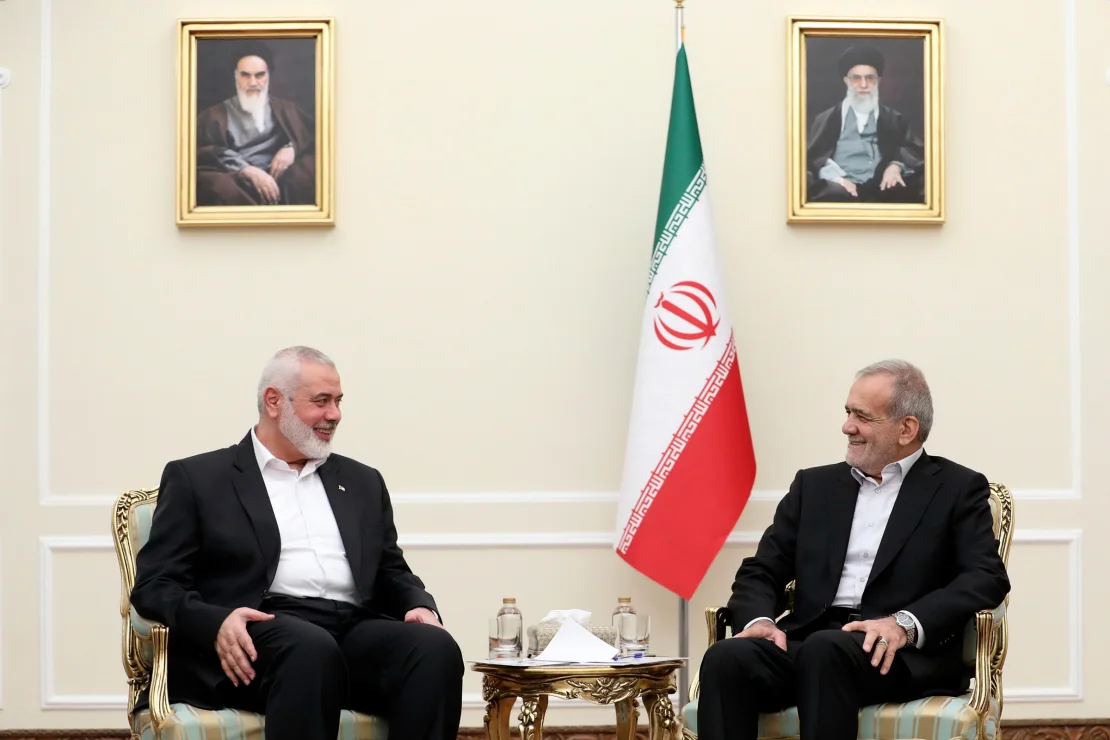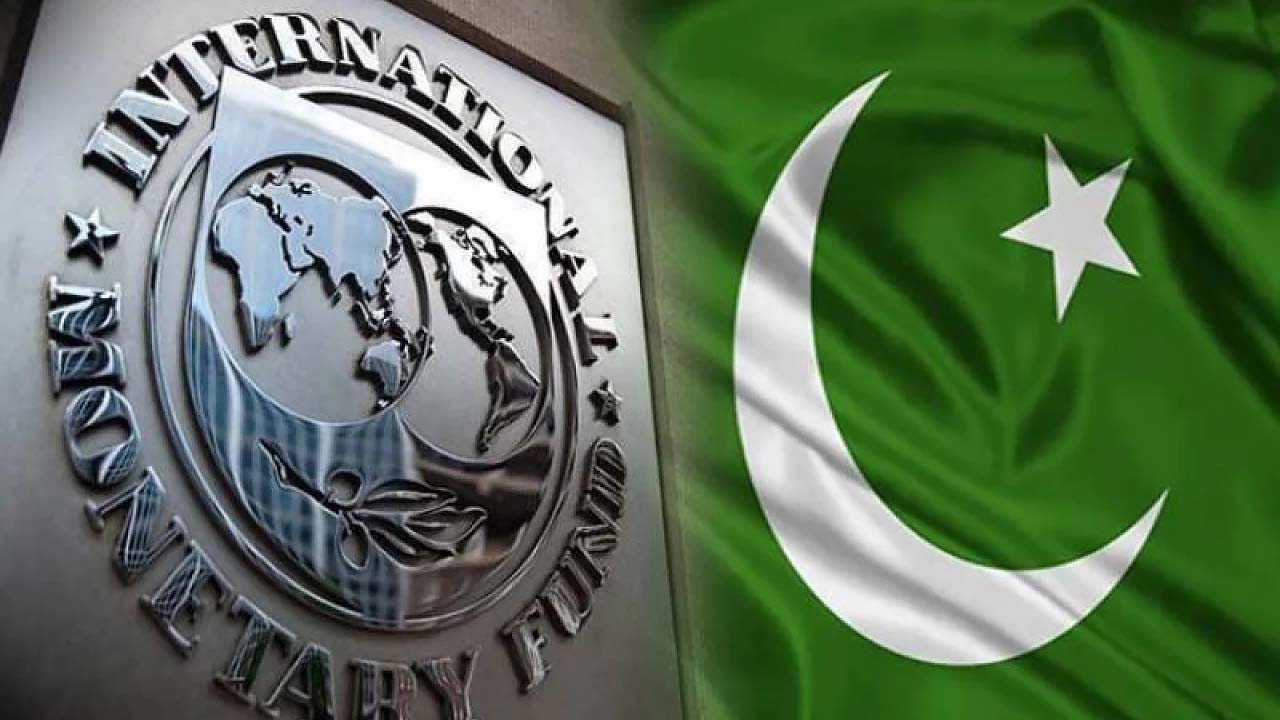Iran held funeral processions on Thursday for Hamas political chief Ismail Haniyeh, who was killed in a strike in Tehran blamed on Israel. The Islamic Republic’s Supreme Leader, Ayatollah Ali Khamenei, led the prayers for Haniyeh ahead of his burial in Doha, and threatened a “harsh punishment” for his killing.
In the heart of Tehran, mourning crowds carrying posters of Haniyeh and Palestinian flags gathered at Tehran University on Thursday morning. The gathering was a significant display of solidarity, with many expressing their grief and anger over Haniyeh’s death.
Haniyeh’s death was announced by Iran’s Revolutionary Guards, who stated that he and his bodyguard were killed in a strike on their accommodation in Tehran at 2:00 am (2230 GMT) on Wednesday. The strike occurred just hours after Israel targeted and killed top Hezbollah commander Fuad Shukr in a retaliatory strike on Beirut, Lebanon, escalating fears of a broader regional conflict.
Israel has not commented on the Tehran strike. However, the attack has significantly heightened tensions in the region. Ayatollah Khamenei, who holds ultimate authority in Iran, declared that it was “our duty to seek revenge for his blood as he was martyred in the territory of the Islamic Republic of Iran.”
Ismail Haniyeh was in Tehran for the inauguration ceremony of newly elected President Masoud Pezeshkian on Tuesday. The Iranian president condemned the strike, stating, “The Zionists (Israel) will soon see the consequences of their cowardly and terrorist act.”
Hamas political bureau member Musa Abu Marzuk also vowed retaliation, calling the assassination a “cowardly act” that would not go unanswered. The international community, however, has called for de-escalation and urged a focus on securing a ceasefire in Gaza.
UN Secretary-General Antonio Guterres described the strikes in Tehran and Beirut as a “dangerous escalation” and emphasized that all efforts should be directed toward achieving a ceasefire in Gaza and the release of hostages taken during Hamas’s October 7 attack on southern Israel.
US Secretary of State Antony Blinken reiterated the need for a ceasefire in Gaza, with White House National Security Council spokesman John Kirby adding that the twin killings “don’t help” regional tensions.
From the early hours of Wednesday, crowds in cities across Iran and the Middle East took to the streets to condemn Haniyeh’s killing. In Tehran’s Palestine Square, hundreds chanted “Death to Israel, Death to America,” reflecting widespread anger and mourning.
While Iran has accused Israel of the attack, Israel has only claimed responsibility for the killing of Shukr, who was blamed for a deadly rocket strike on the Israeli-annexed Golan Heights over the weekend. The situation remains volatile, with regional tensions already inflamed by the ongoing conflict in Gaza.
The conflict in Gaza has drawn in Iran-backed militant groups in Syria, Lebanon, Iraq, and Yemen. One such group, Yemen’s Houthi rebels, declared three days of mourning for Haniyeh. Political leader Mahdi al-Mashat expressed condolences to the Palestinian people and Hamas over his killing.
Saudi Foreign Minister Prince Faisal bin Farhan spoke with his acting Iranian counterpart Ali Bagheri to discuss the latest developments in the region. The UN Security Council convened an emergency meeting at Iran’s request to discuss the strike, with Tehran’s envoy Amir Saeid Iravani urging members to take “immediate action to ensure accountability for these violations of international law.”
Hamas has been engaged in indirect negotiations for a truce and a hostage-prisoner exchange deal with Israel, facilitated by Egypt, Qatar, and the United States. Analysts suggest that Haniyeh was a moderating influence within Hamas, and his death could alter the dynamics within the group.
The assassination of Haniyeh is likely to have significant implications for the ongoing negotiations and the overall stability of the region. The international community continues to push for de-escalation and a resolution to the conflict, but the path forward remains uncertain.




